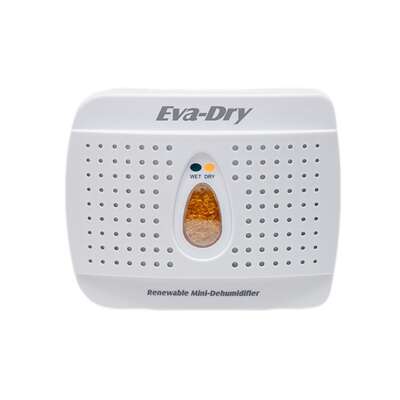3DPrinting
3DPrinting is a place where makers of all skill levels and walks of life can learn about and discuss 3D printing and development of 3D printed parts and devices.
The r/functionalprint community is now located at: [email protected] or [email protected]
There are CAD communities available at: [email protected] or [email protected]
Rules
-
No bigotry - including racism, sexism, ableism, homophobia, transphobia, or xenophobia. Code of Conduct.
-
Be respectful, especially when disagreeing. Everyone should feel welcome here.
-
No porn (NSFW prints are acceptable but must be marked NSFW)
-
No Ads / Spamming / Guerrilla Marketing
-
Do not create links to reddit
-
If you see an issue please flag it
-
No guns
-
No injury gore posts
If you need an easy way to host pictures, https://catbox.moe may be an option. Be ethical about what you post and donate if you are able or use this a lot. It is just an individual hosting content, not a company. The image embedding syntax for Lemmy is 
Moderation policy: Light, mostly invisible
view the rest of the comments

I had good results with microwaving a bunch of beads in a microwave safe non-plastic bowl on mid-low.
It drives out the moisture, and you can see the bead colour indicators change.
But be careful, they’re hot!
Also if you're using blue indicating silica gel, NPS recommends that you wear gloves, lab coat, safety goggles and respirator with HEPA when handling it. I'm guessing they'e talking about larger quantities, but you probably want to minimise any amount of cobalt chloride you inhale or get in contact with your skin.
The manufacturer of the desiccant beads I got strongly advised to not microwave them since the very sudden change from bound liquid water to steam can lead to the beads bursting/cracking. Slowly drying them in an oven at the recommended temperature (can depend by manufacturer, mine said 110-120°C) is the better choice.
That looks like it should work very well. I will certainly try.